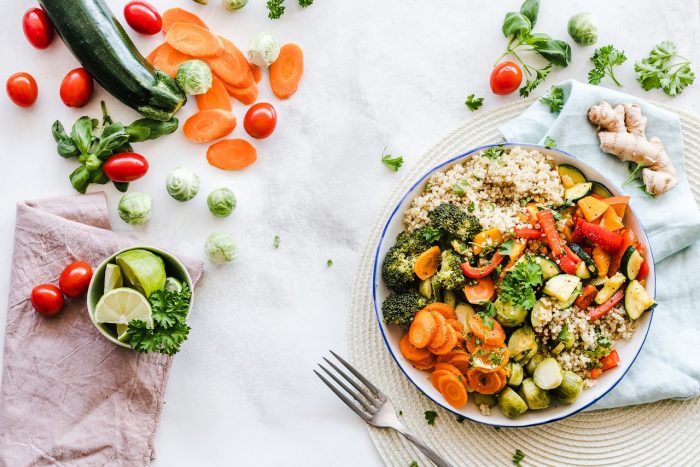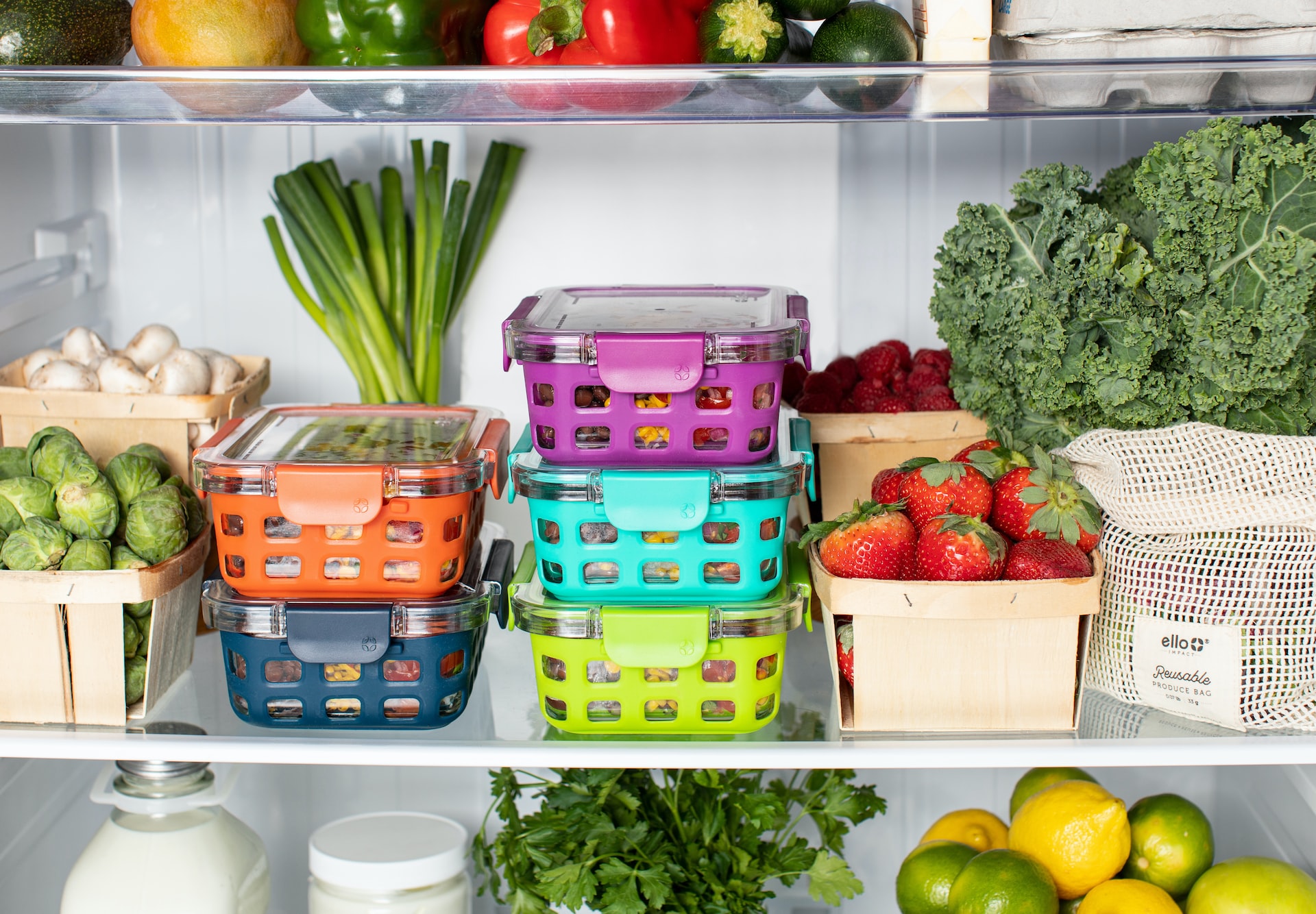Food waste is a growing global issue. It is estimated that as much as one-third of human food is wasted worldwide. This is not only wasteful but also dangerous to the environment and economy. What causes food waste? There are plenty of causes of food waste. It could be due to needing more resources, such as storage space, or even carelessness. Only recently are people understanding the detrimental effects of food waste on the environment.

Photo by Ella Olsson from Pexels
It’s not just causing issues in landfills but shows the idea that food is a renewable resource. Fortunately, with the cultural shift in sustainability, people are making changes such as making pasta from home, composting, and just keeping educated so they can make the right choices. So, here are some ways that you can stop food waste in your home for good.
Start by Buying In Bulk
When we buy in bulk, we can save a lot of money. This is because we are not buying perishable products that will expire quickly. Buying in bulk also helps us avoid food loss from spoilage or expiration. Plus, you can buy the exact amount of food you need. There are grocery stores where you can buy large quantities, but there are others where you can bring your containers and store them to get exactly what you need.

Photo by Ello
Freeze Your Leftovers
It is not just about saving money but also about taking care of the environment. If you have leftovers from your last meal, freeze them to preserve them for later use. Freezing leftovers is a simple yet effective way to fight off food waste. It allows you to save money and keep your food fresh for longer. Another great benefit would be that when you freeze your leftovers, you can easily cook your food for a quick, lazy meal!

Photo by Sri Lanka
Be Cautious When Experimenting with Recipes
There’s a lot of joy in making recipes, whether using the world’s best cheddar cheese or any other ingredient. But there is something so important to understand, which may be controversial. When we make recipes, there is always the chance that we will not like the outcome. This alone can lead to wasting food, especially if no one in the house wants to eat it. If you’re making a new recipe, keep a close eye on everything so you won’t waste it.
Create a Meal Plan
Making a meal plan is a great step toward saving money and reducing food waste. This will let you know exactly what you need to buy at the supermarket. Plus, if you have your meals prepared in advance, you will be less likely to want to eat anything else. This will save time, and money, and prevent any food from going to waste.
Educate Your Household
If you have little ones, you may understand they can be a tad wasteful. This is more apparent with picky eaters. You’re going to need to teach your children or anyone else in your home the importance to not waste food and how they can help save the environment. The same applies when you share a flat with other people, where not everyone feels the same as you about reducing food waste. Start by educating your flatmates on the importance of sustainability so that you can all adopt a more eco-friendly lifestyle together.

Photo by ready made from Pexels
Disclaimer: this is a collaborative post.










